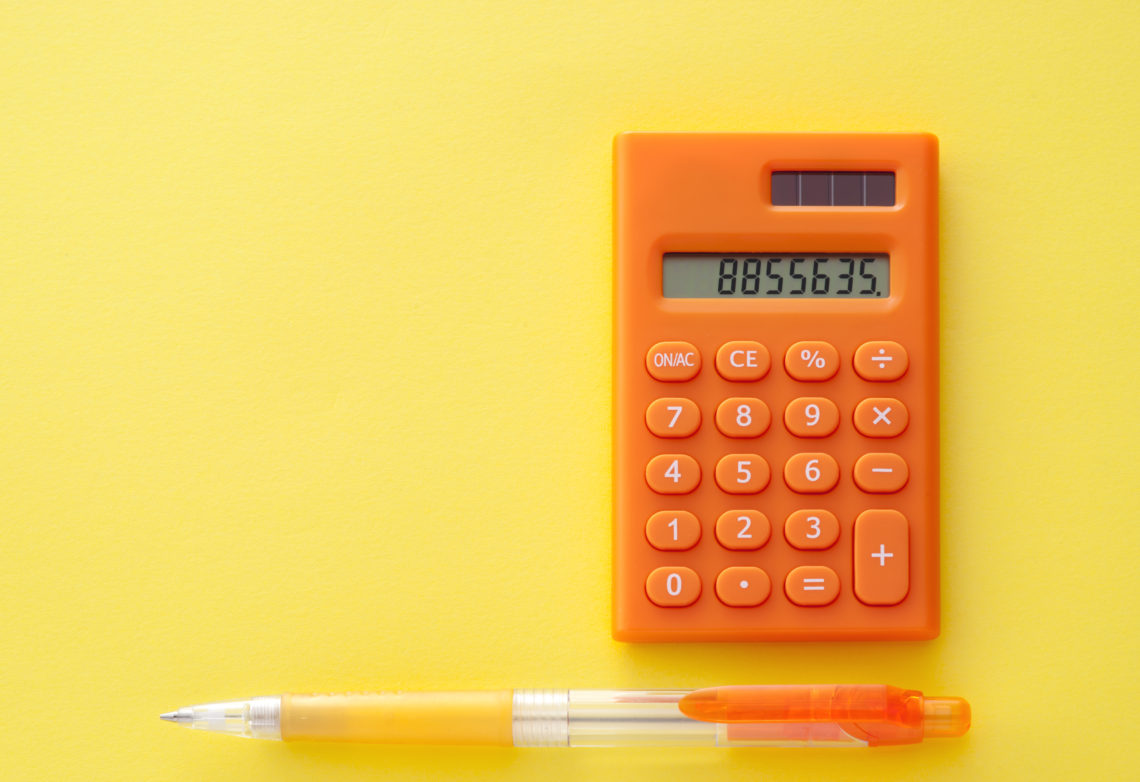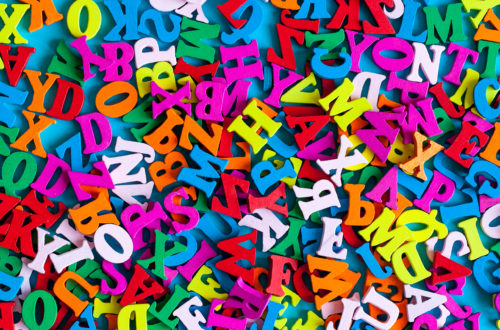
When Should You Let Students Use A Calculator
Which accommodations we should and should not let students use can be a hot topic. When it comes to math, the one I find the most prominent argument about is the calculator accommodation.
In what situations should a student be allowed to use a calculator?
When Students are Significantly Behind
Not all of your students need the calculator accommodation. Yes, there are times when you let all of your math students use a calculator, but this is not what I’m referring to.
The students who need a calculator on their math assignments are your students who struggle with basic integer operations. A calculator accommodation should not be considered for a student who consistently solves problems correctly with positive and negative numbers across all four operations.
When You Are Not Assessing Computation
If your assessment is designed to assess computation specifically, then you should not have students using a calculator. This would skew your information. But, if you are assessing anything other than calculation, and you have students that cannot consistently answer computation questions correctly.
If this is the case, you should be allowing them to use a calculator. If your students struggle with computation, but you’re assessing something different, you are not getting an accurate result if you do not allow them to use a calculator.
For example, if you are assessing whether or not students can solve multi-step equations. And, you have a particular student who can not do basic computation operations; then you will not be assessing their ability to solve equations. This is because they can do all the correct steps they will get the problems wrong because they are adding and subtracting wrong, or multiplying and dividing wrong.
With solving equations, you could also combat this by making the work for the problem worth more than the answer. This way they would get credit for doing the right steps. And, they only lose minimal points for having the wrong answer.
Also, Check Out:
How I Accommodate Students During Tests and Quizzes
How to Support Students who Struggle with Executive Functioning
Get your free IEP summary page!

Subscribe to get our latest content by email.






